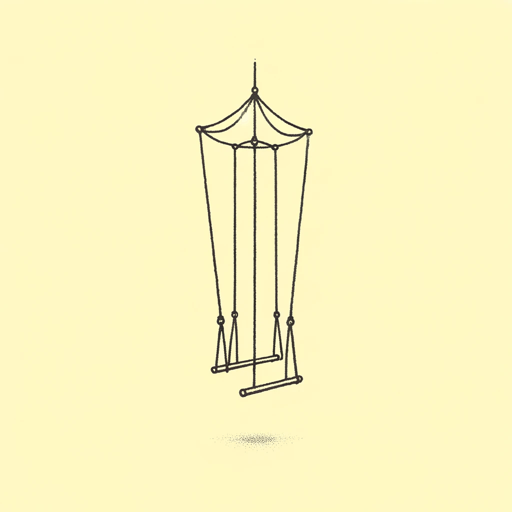26 pages • 52 minutes read
Louise ErdrichThe Leap
Fiction | Short Story | Adult | Published in 1990A modern alternative to SparkNotes and CliffsNotes, SuperSummary offers high-quality Study Guides with detailed chapter summaries and analysis of major themes, characters, and more.
Summary and Study Guide
Summary: “The Leap”
“The Leap” is a short story first published by Louise Erdrich in Harper’s magazine in March 1990. A highly acclaimed novelist, Erdrich has won both the National Book Award and the Pulitzer Prize for Fiction. “The Leap” is a largely realistic fictional tale with some fantastical elements, making it part of the magic realism subgenre. The story explores the slender threads by which human lives swing and the challenges of understanding and speaking about the past.
This guide refers to the Harper’s edition of the story.
The story opens with the assertion, “My mother is the surviving half of a blindfold trapeze act” (Paragraph 1). It is set in the small New Hampshire town that is the site of both the narrator’s childhood and the death of the mother’s trapeze partner. The mother’s trapeze days ended in the late 1940s, after “the war,” but by the narrative present, the narrator’s mother is elderly and blind due to cataracts. Nevertheless, the mother, Anna, still moves with grace and “catlike precision”—the result of her history as a performer.
The narrator says that she “tend[s] to forget the Flying Avalons” since her mother has kept no objects from that part of her past (Paragraph 2). However, she knows her mother’s body remembers her history because the narrator’s own body holds memories. A “whiff of smoke” can cause the narrator to remember the night she was in a house fire in this very home (Paragraph 2).
The narrator explains that she “owe[s] her [mother] [her] existence three times” (Paragraph 3). The first debt involved her mother saving herself during a performance. At times quoting from newspapers, the narrator describes how her mother and her first husband, Harry Avalon, would swoop toward one another and kiss, blindfolded, in the finale of their act. One afternoon when Anna was seven months pregnant, a storm formed miles away, its winds making a “cone” like a tornado’s funnel cloud. However, the drums of the circus performance drowned out the sound of the approaching storm. As the trapeze act reached its climax, the tent was struck by lightning and collapsed. Harry fell to his death, but Anna grabbed a wire “still hot from the lightning strike” (Paragraph 9), burning her hands terribly as she lowered herself to the ground.
Afterward, Anna was knocked unconscious and suffered a broken arm thanks to an “overeager rescuer.” At the local hospital, she apparently began bleeding, as evidenced by the fact that she was kept in bed until she delivered a stillborn baby a month and a half later. Harry’s body was sent to be buried near his family, but the baby was buried in the town under a lamb-shaped tombstone that the narrator visits sometimes.
In the hospital, Anna met her second husband, the narrator’s father. He was the doctor who treated her broken arm, and he also taught her to read in exchange for tales of Anna’s travels and adventures. Thus, Anna gave up the trapeze for books. Once married, the couple moved to the narrator’s father’s family farm so that Anna could stay in the town where her first child was buried. The narrator says that her parents’ love and marriage is the second time she owes her existence to her mother.
The third time occurred when the narrator was seven, during the aforementioned house fire. Her parents arrived home to find the house engulfed and the one staircase to the narrator’s bedroom collapsed. The narrator woke from her nap, perhaps to the sound of the firefighters’ ladder breaking in half. Finding her door hot, she sat down to wait. Outside, Anna realized that no one else could rescue her daughter. Tearing off her dress, she used the broken ladder to climb up a tree and then jumped for her child’s window. She appeared “hanging by the backs of her heels from the new gutter […] smiling” (Paragraph 24). The narrator was embarrassed that her mother was in her underwear with a crowd gathered outside. Her mother leaped from the window with the narrator in her lap; they landed in the firefighters’ net, the narrator curled safely against her mother’s stomach. She felt her mother kiss her and heard her mother’s heart beating “loud as thunder, long as the roll of drums” (Paragraph 25).
Related Titles
By Louise Erdrich
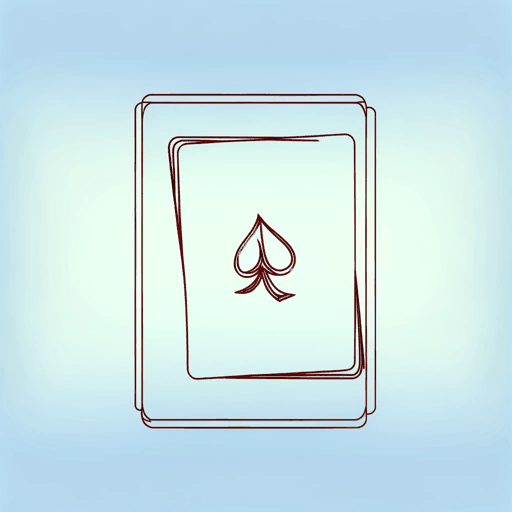
Fleur
Louise Erdrich
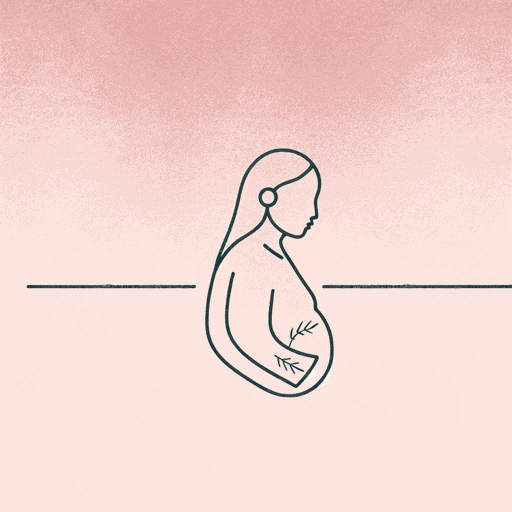
Future Home of the Living God
Louise Erdrich
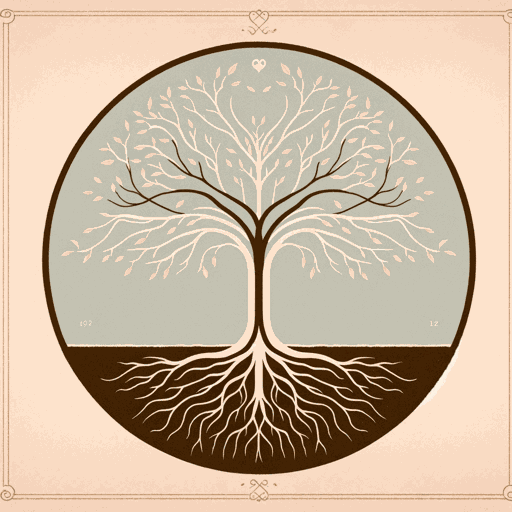
LaRose
Louise Erdrich
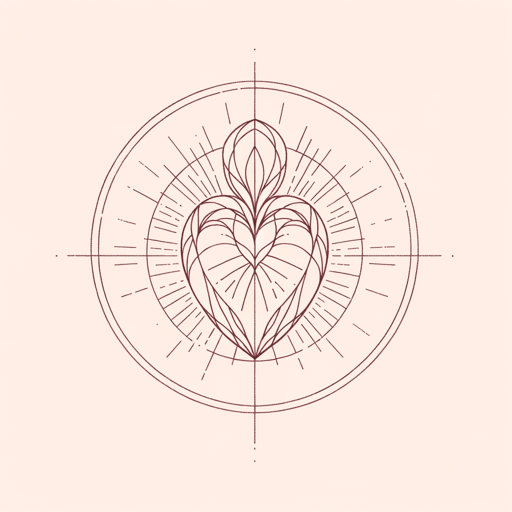
Love Medicine
Louise Erdrich

Shadow Tag
Louise Erdrich

The Antelope Wife
Louise Erdrich
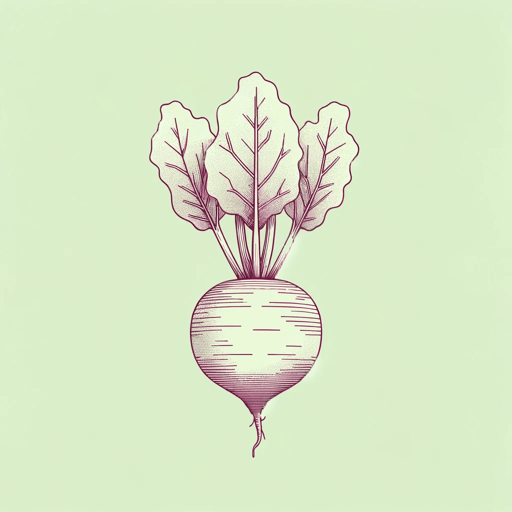
The Beet Queen
Louise Erdrich

The Bingo Palace
Louise Erdrich

The Birchbark House
Louise Erdrich
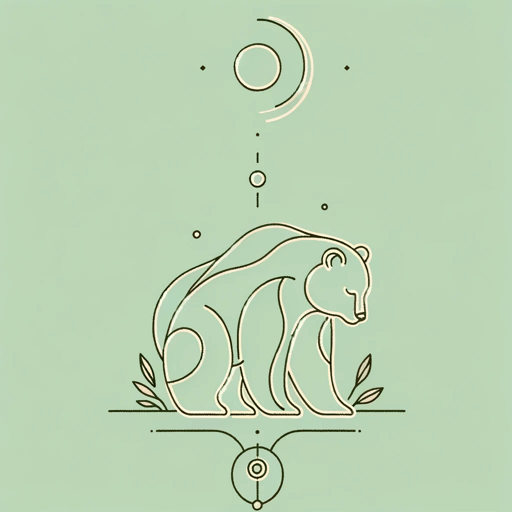
The Game of Silence
Louise Erdrich

The Master Butchers Singing Club
Louise Erdrich
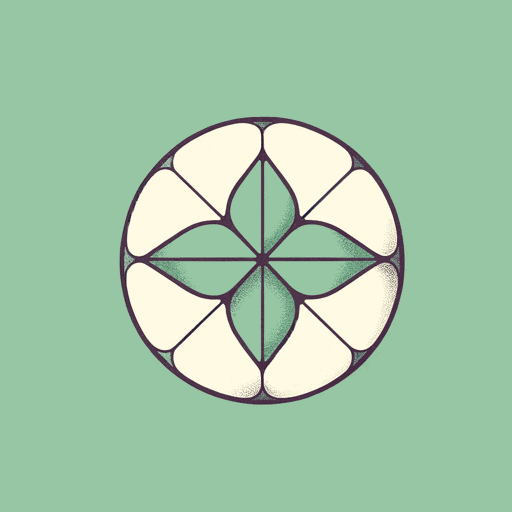
The Night Watchman
Louise Erdrich
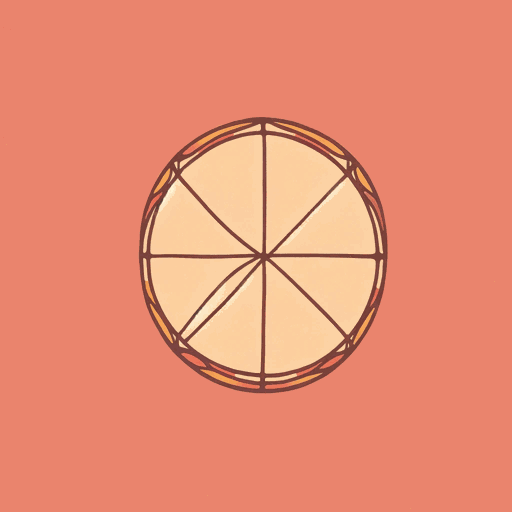
The Painted Drum
Louise Erdrich
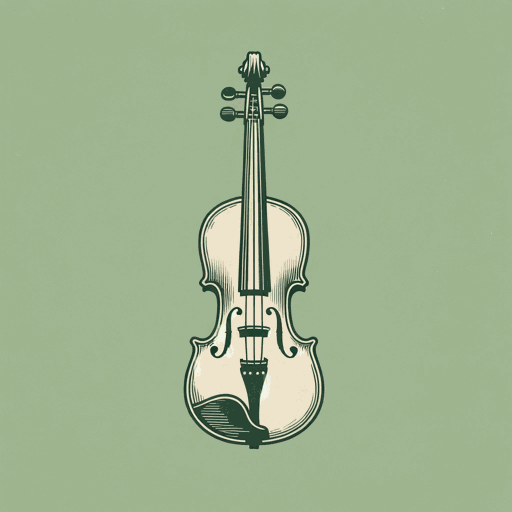
The Plague Of Doves
Louise Erdrich
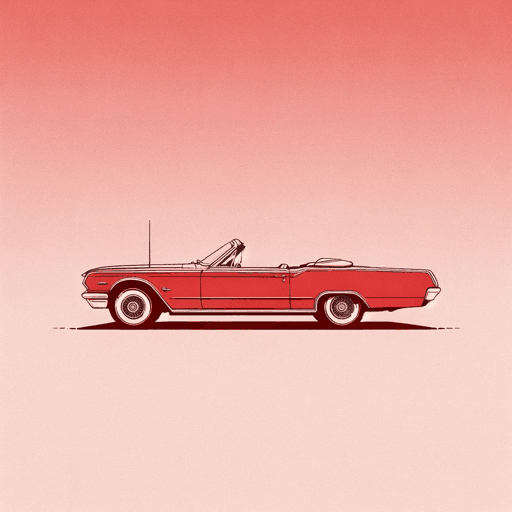
The Red Convertible
Louise Erdrich
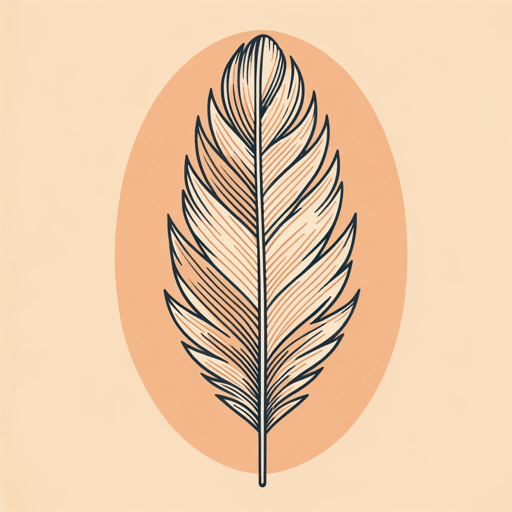
The Round House
Louise Erdrich
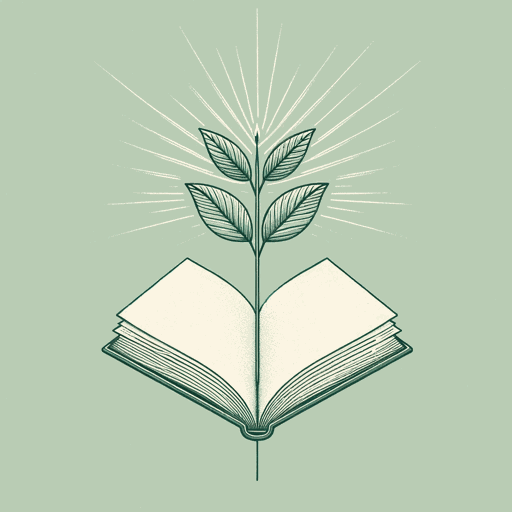
The Sentence
Louise Erdrich
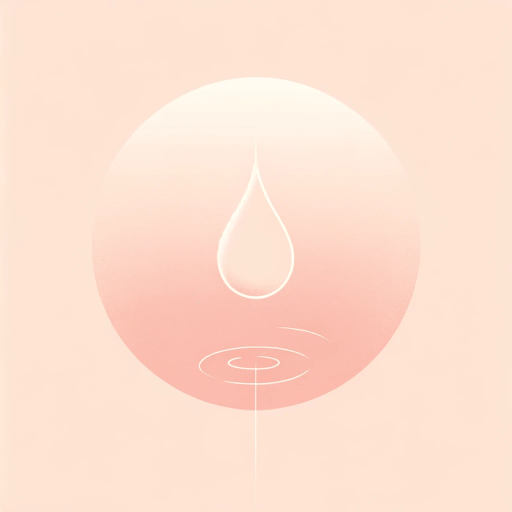
The Shawl
Louise Erdrich

Tracks
Louise Erdrich
